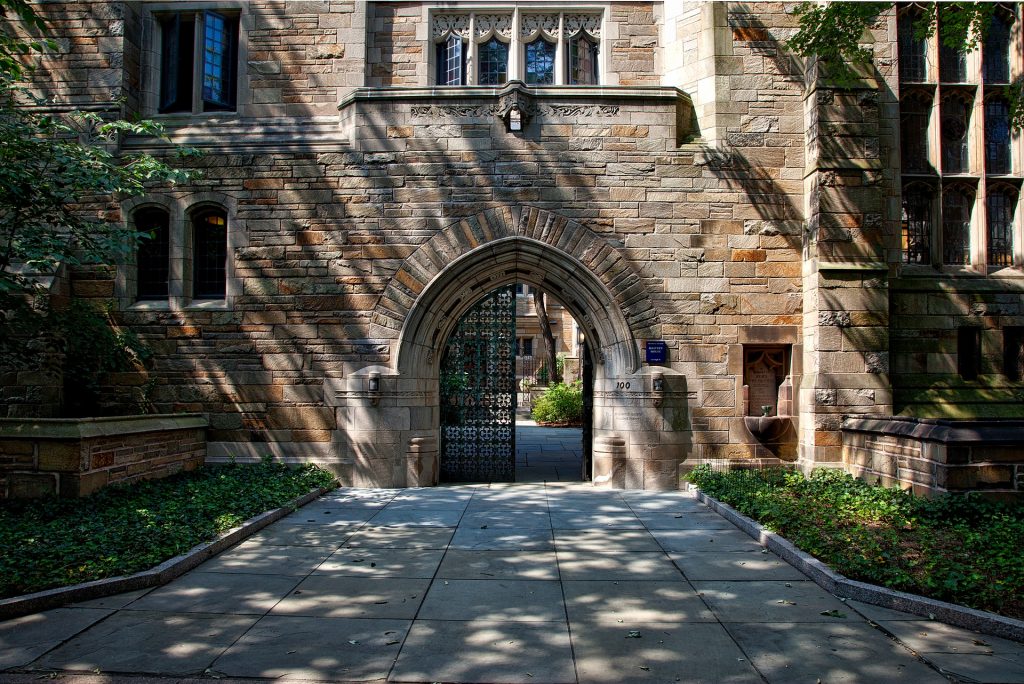
March. Quite the month for many students, parents, and counselors.
Alongside excitement, there is often a good amount of disappointment, frustration, anger, and confusion. Many of these feelings stem from rejections or waitlist responses from our country’s most selective schools. But did you know: there are thousands of colleges in the U.S., and the vast majority of them accept far more applicants than they reject? There are just so many fantastic schools that fly under the radar and not only those on the CTCL list, either. I hope that in the future more students and parents will look beyond the schools with the most significant brand recognition and prestige as they craft their college lists. In fact, they are going to have to if you look at this years admit rates. I think that is a good thing.
In addition to considering other colleges, I also hope students can take some time to reflect back on their college application process and see the positives—personal growth, self-actualization, maybe even becoming a better writer—in light of rejections or other perceived failures.
Just making it through high school today is no joke, so I suggest starting there! The students I work with are so accomplished, every single one of them, and they have a lot to feel proud of every day. Sometimes it just takes some honest reflection to see and internalize all of the good that is already in your life. Second, where you go to college does not determine your happiness, your success in life, or set your future path in stone. This has been true since before Frank Bruni told us so. What is more important is much more personal—like how hard you work and how you treat others. To me, that is what will take you far in life. Third, I suggest practicing gratitude during this time, even though it may feel hard. Gratitude is a skill, so you must practice it. Lynn Goldberg at Tiny Buddha has some great tips for getting started:
1. Keep a gratitude journal.
Make gratitude a daily habit. Every day, jot down ten great things that happened to you or that you are grateful for. Keeping your focus on the positive will really make a difference.
2. Practice present moment awareness.
The habit of being fully present and not wishing for something in the future or the past—but just being grateful for what is—can really shift your perspective. Catch yourself when that moment escapes you, and gently remind yourself to come back.
3. Think bigger than yourself.
Become involved in a cause that is important to you. As you become aware of other people who are less fortunate than you, you will start to feel a deeper appreciation for what you do have. Many of us have so much.
4. Share the love with your family and friends.
Cultivate an appreciation for others and let them regularly know that you are grateful for them and for what they do for you—whether it be helping with homework or always inviting you out to do something fun. Focusing on the positive will make people want to keep doing it, and help you realize you should be doing the same.
5. Replace complaints with gratitude.
When you find yourself focusing on what you believe you’re lacking—I wish my car were nicer, I had more money, or I got into a “better” college—replace it with thoughts of what you are thankful for.
—
To all the college applicants out there who know where they are headed at the end of the summer, this advice applies to you, too. And to everyone else still waiting to hear, still waiting to decide, or who is going to tough it out on the WL this spring and into summer, stay positive and remember:
“Personal happiness lies in knowing that life is not a checklist of acquisition or achievement. Your qualifications are not your life.” (JK Rowling)
I will be posting more thoughts from Rowling about “failure” later this month, from one of my favorite tiny books, Very Good Lives: The Fringe Benefits of Failure and the Importance of Imagination.
*Stay in the know! Subscribe for news, tips, and advice*






